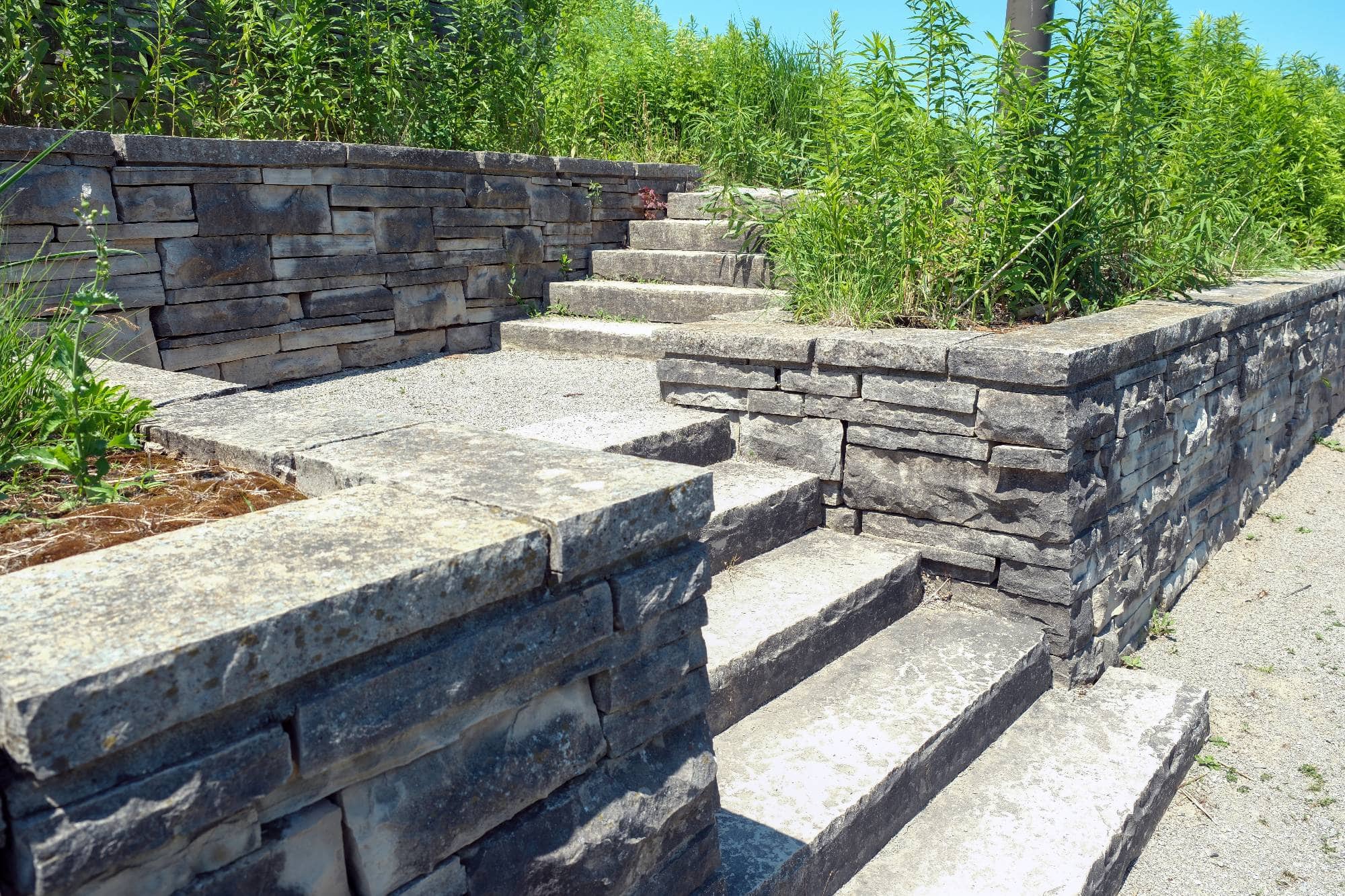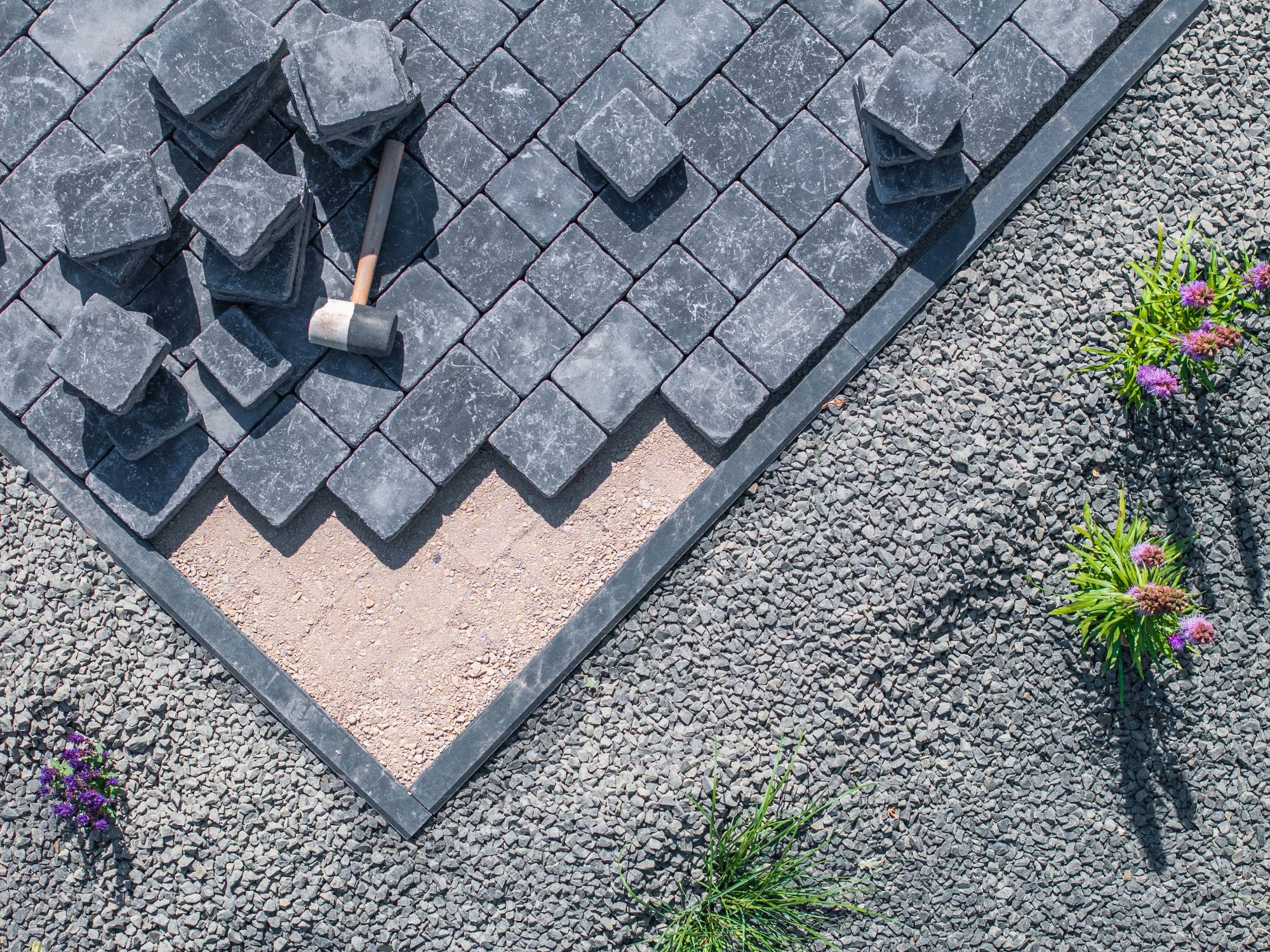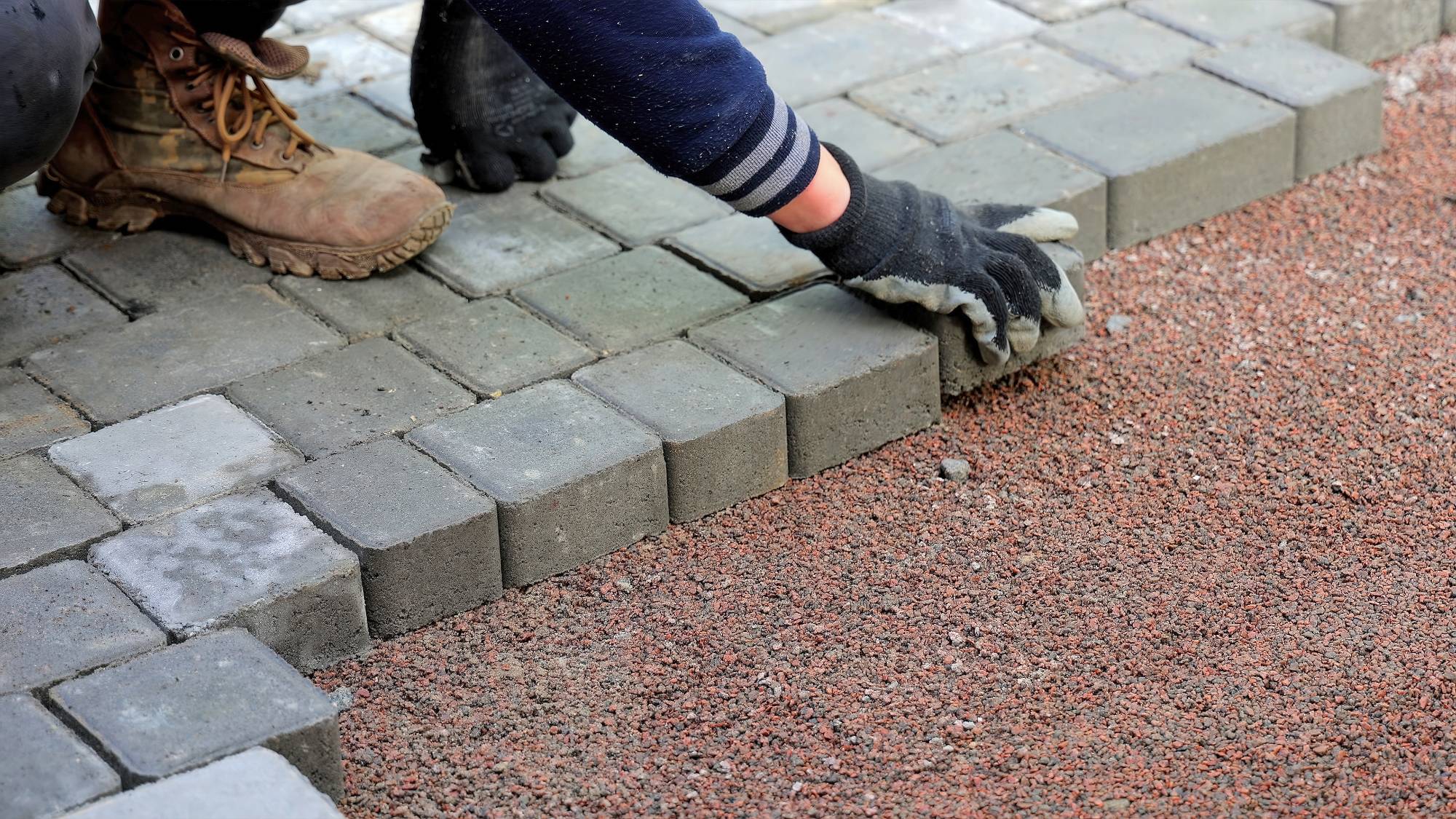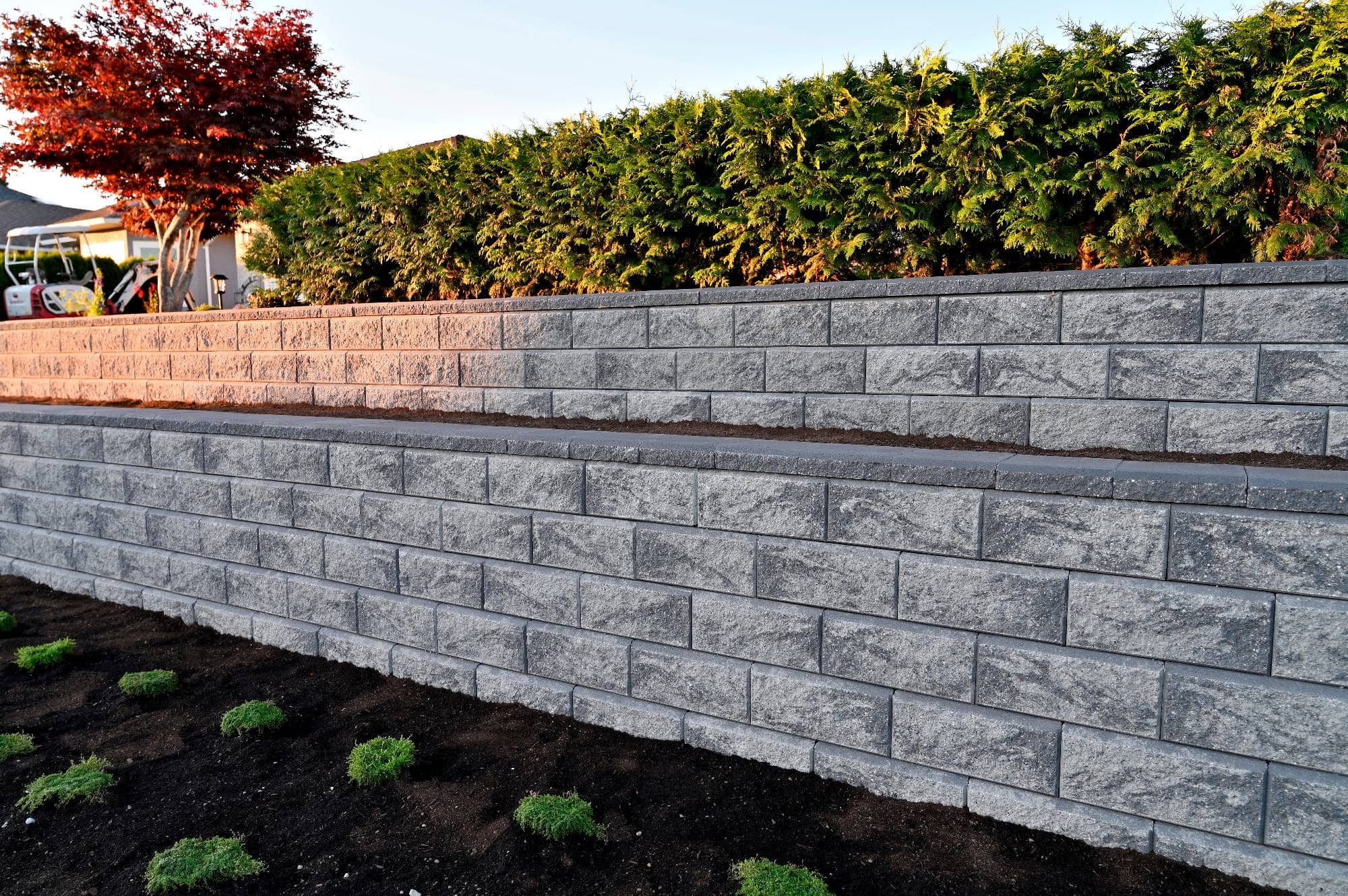Professional hardscaping installation that transforms your property and stands up to coastal weather year after year.

Hear from Our Customers

You want an outdoor space that actually gets used. Not just something that looks good for a few months before New England weather takes its toll.
Our hardscaping creates functional outdoor living areas that handle everything Rhode Island throws at them. Patios that don’t crack from freeze-thaw cycles. Walkways that stay level through multiple seasons. Retaining walls that actually retain.
When we’re done, you’ll have outdoor space that adds real value to your property and gives you a place you actually want to spend time. No more looking out at wasted yard space wondering what could have been.
Above and Beyond Chimney has been working in Norfolk and Plymouth Counties for years. We understand how coastal moisture affects masonry work and what it takes to build hardscaping that lasts in this climate.
We’ve expanded our services to include hardscaping because we kept seeing homeowners frustrated with contractors who didn’t understand local conditions. Too many beautiful patios that cracked their first winter. Too many walkways that settled unevenly because of improper drainage.
Our approach is straightforward: we assess your property, explain what will work and what won’t, then build it right the first time. No upselling, no surprises, just honest work that stands the test of time.

First, we assess your property and drainage patterns. Rhode Island’s clay soils and seasonal moisture changes require specific preparation techniques that many contractors skip.
Next, we handle proper excavation and base preparation. This isn’t glamorous work, but it’s what separates hardscaping that lasts from hardscaping that fails. We ensure proper grading, install appropriate drainage, and create a stable foundation.
Then comes installation using materials suited for our climate. We select pavers, stones, and other materials that handle freeze-thaw cycles without cracking or shifting. Every joint is properly filled and sealed.
Finally, we walk through the completed project with you, explaining maintenance requirements and what to watch for over time. You’ll know exactly what you’re getting and how to keep it looking and functioning properly.

Ready to get started?
Our hardscaping services cover everything from simple walkways to complete outdoor living spaces. We handle patio installation, retaining walls, steps, and walkways using materials that work in Rhode Island’s climate.
Valley Falls sits in Providence County, where properties often deal with sloped terrain and drainage challenges. We factor these local conditions into every project design. Your hardscaping needs to handle spring runoff, summer heat, and winter freeze cycles without failing.
We also understand that hardscaping in this area isn’t just about function—it’s about adding value to your property. Rhode Island’s competitive real estate market means outdoor improvements need to appeal to potential buyers while serving your current needs. Our designs balance practical functionality with visual appeal that enhances curb appeal and property value.
